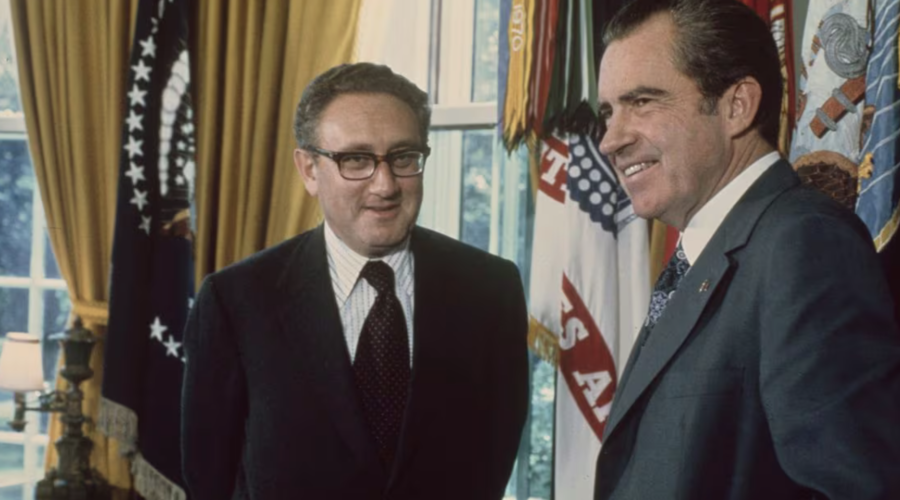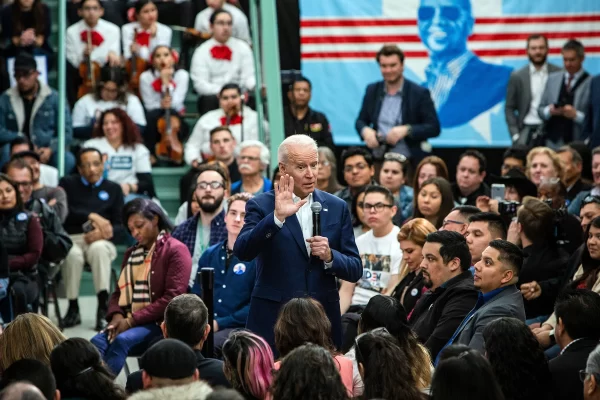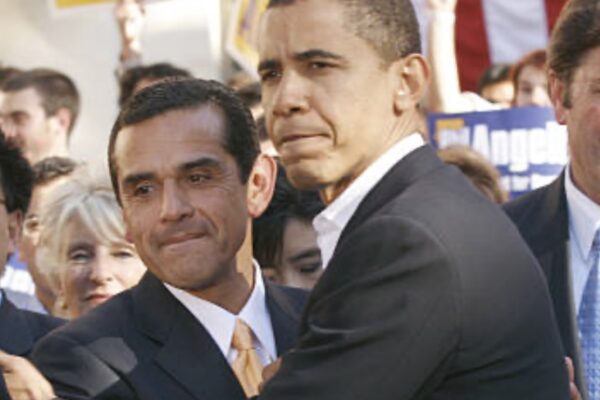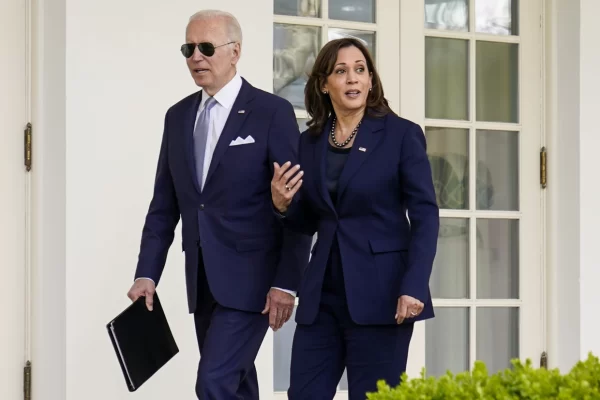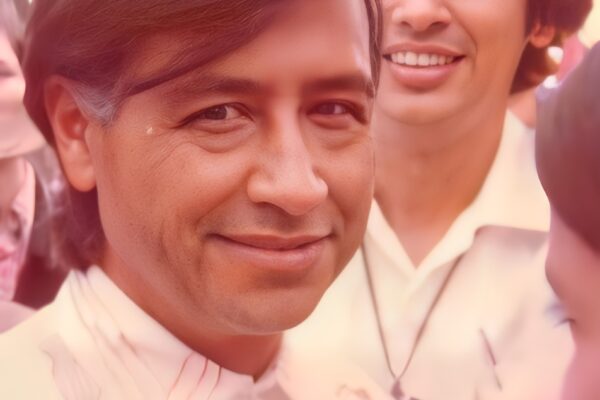LA Monthly News Services
Henry A. Kissinger, the scholar and statesman who shaped world affairs under Presidents Richard M. Nixon and Gerald Ford, and ultimately became a global leader on his own, died Nov. 29 at his home in Connecticut. He was 100.
His death was announced in a statement by his consulting firm, which did not give a cause.
Kissinger dominated American foreign policy as he guided the United States through one of its most tumultuous periods, including the presidency of Richard Nixon and the Vietnam War.
With his gruff yet commanding presence and behind-the-scenes manipulation of power, Kissinger exerted uncommon influence on global affairs under Presidents Nixon and Gerald Ford, earning both vilification and the Nobel Peace Prize. Decades later, his name still provoked impassioned debate over foreign policy landmarks long past.
Kissinger’s power grew during the turmoil of Watergate, when the politically attuned diplomat assumed a role akin to co-president to the weakened Nixon.
“No doubt my vanity was piqued,” Kissinger later wrote of his expanding influence. “But the dominant emotion was a premonition of catastrophe.”
A Jew who fled Nazi Germany with his family in his teens, Kissinger in his later years cultivated the reputation of respected statesman, giving speeches, offering advice to Republicans and Democrats alike and managing a global consulting business. He turned up in President Donald Trump’s White House on multiple occasions. But Nixon-era documents and tapes, as they trickled out over the years, brought revelations — many in Kissinger’s own words — that sometimes cast him in a harsh light.
Never without his detractors, Kissinger after he left government was dogged by critics who argued that he should be called to account for his policies on Southeast Asia and support of repressive regimes in Latin America.

